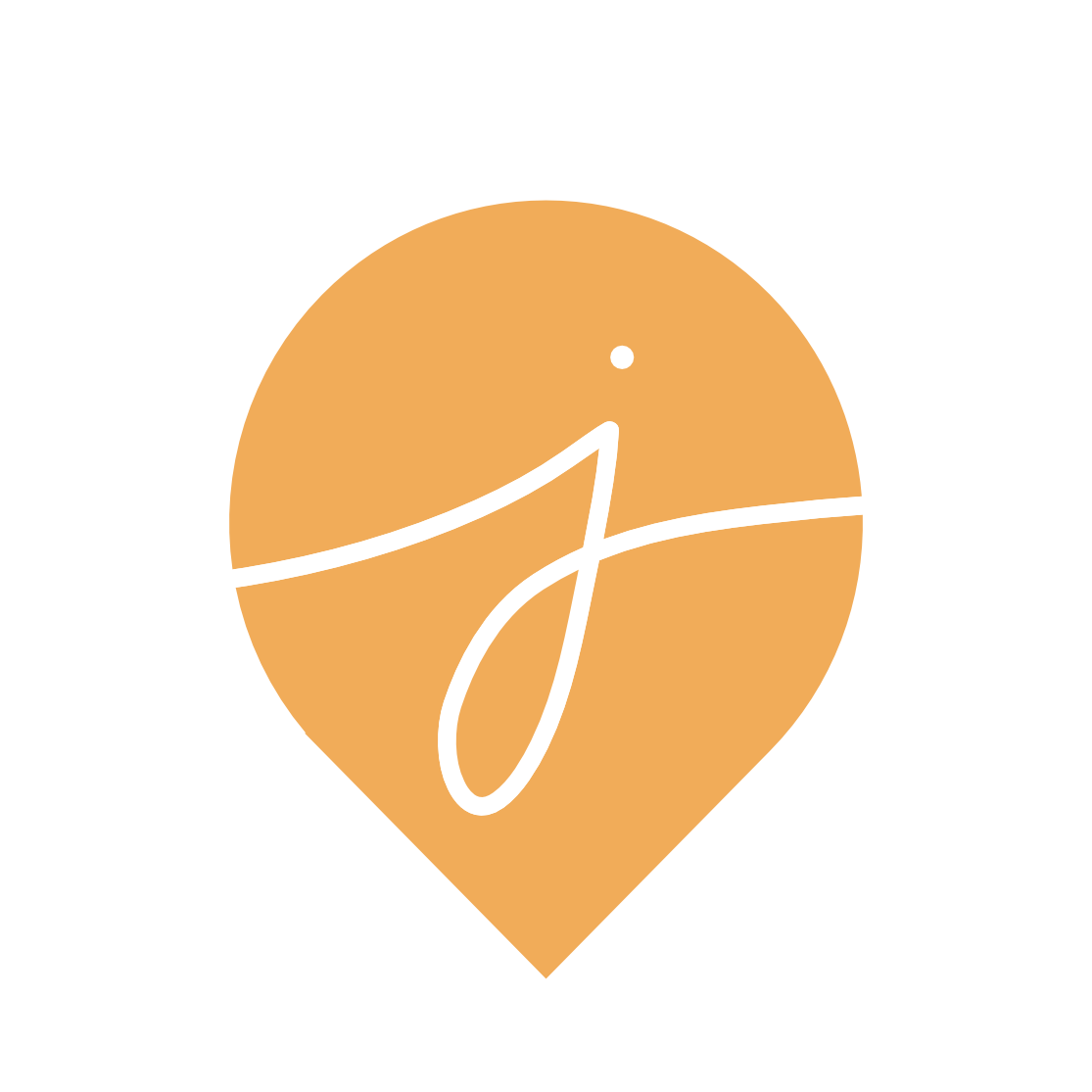How mortality gives us an edge
Cancer forced me to confront my mortality. Over the last three years, I’ve realized how much mortality positively impacts my every day. Mortality has a unique ability to help us find clarity. Together with my S.M.I.L.E. pillars, I think mortality is a beautiful consideration for people to include in their day-to-day decision-making.
Below I outline my 4 coaching pillars proposed in early 2021 — this shifted into my S.M.I.L.E. method, with life purpose being the byproduct of confronting mortality.
STRENGTHS I love a strengths-based mindset in life: you focus on what you’re naturally good at in order to manage what you’re not as great at, and find more joy and happiness. As a Gallup-Certified Strengths Coach, I dive deep into your CliftonStrengths Assessment profile to help you uncover and understand what makes you so darn awesome. You gain language around your lens on the world (problem-solving, etc) and confidence knowing what you can lean into in order to excel and feel in flow and engaged.
MINDFULNESS Often defined as a quality of attention to the present moment with a curiosity for what arises, mindfulness cultivates attention. Although meditation is rooted in Buddhist traditions, many religions, cultures, and spiritual practices have contemplative practices, so mindfulness is really an innate human quality. I teach you various techniques, from deep breaths and savoring, to simple mindfulness meditations and gentle movement to help you cultivate your attention in the present moment. Regret lies in the past, anxiety in the future, and your life is in the present.
INTENTIONALISM Consider this internal decluttering. Formally I define Intentionalism as the process of evaluating whether the people, places, things, thoughts, patterns, and emotions in your life are serving you. Is this element of your life a reflection of the person you most want to be? There are three buckets, and you decide where each item goes: keep, trash, or rework. Just like physical decluttering, this is an ongoing process, a practice that will shift and change as you do.
MORTALITY The acknowledgement, realization, and acceptance that we all will, in fact, die. And it might not be in 40-60 years from now. Some of us will die sooner. When you are on your deathbed, what life do you want to look back on? Are the actions you take everyday in line with the person you want to be? Are those actions in reverence to the fact you could die at any moment? Leaning into mortality will give you a clarity around your life unlike any other tool.
ALL TOGETHER By learning your strengths and personality quirks, you gain a richer understanding of yourself and can start to peel away the external expectations away from what you really care about. Once you understand your preferences, you can cast away everything that isn’t helping you live the life you want. But all of this is fruitless if you never step out of busy-ness into presence. You can never learn to listen to yourself when your brain is launched into the future. None of this matters if you don’t have any urgency, if you still think you can push things off until tomorrow.
Between school and our general societal expectations, so many of us get sucked into this vortex of achieving. At my peak overworking, I was so busy, I barely ate lunch. Work > everything meant I spent most of my waking hours working. At the time I thought it was necessary, even exciting. I loved the challenge of having so many plates in the air, but I never stopped to consider that it was at the cost of my health, my mental health (hello, anxiety and depressive states!), all of my hobbies, family holidays, and my friendships/relationships. The list goes on. Cue opportunities for future regrets.
We never realize until it’s too late. You have the chance to get ahead of that curve, to live a life you truly love that reflects the person you most want to be. You don’t have to wait for your own cancer diagnosis or near-death experience to make profound changes. You and the world will be better off for it. I’ve done it, and I can help shepherd you there.
I’m like Aladdin on the rooftop, “Do you trust me?”


